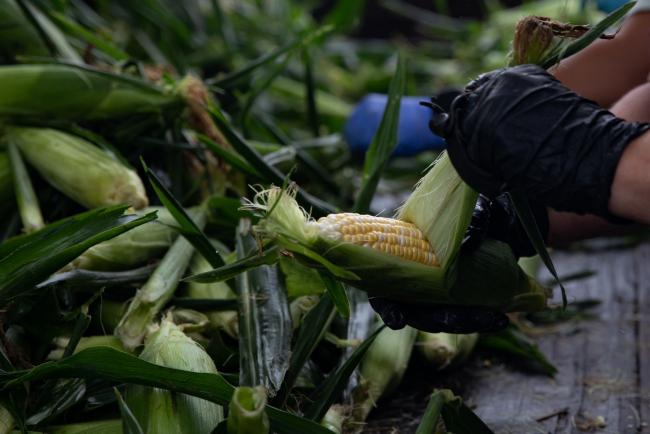(Bloomberg) -- Soaring food costs driven by supply-chain snarls and other disruptions hurting the agriculture industry will prove “transitory” and should dissipate in time, says the top executive of giant crops trader Cargill Inc.
Prices for foods ranging from breakfast cereals to meat have continued marching upwards from the initial surge during the early days of the Covid-19 outbreak, thanks in part to supply-chain disruptions. Recent incidents include Hurricane Ida in the U.S., which damaged a Cargill port terminal in Louisiana, and a European energy crisis that’s crimping the continent’s food production. A labor shortage has even left a Cargill turkey facility in Virginia running at 70% capacity.
“There are issues in the supply chain: everything from labor shortages to the impacts of climate change, extreme weather events, demand pull for biofuels,” Chief Executive Officer David MacLennan said Thursday in a Bloomberg TV interview. “There’s a lot of pressure on the supply chain for agriculture and food.”
Still, MacLellan said he’s struck by the resilience of farmers and others to get food to where it’s needed, adding that he’s “optimistic that supply-chain issues will clear up over time.”
Cargill hasn’t determined when its storm-damaged terminal in Reserve, Louisiana, which handled about 9% of key U.S. crop exports, will resume operations, MacLennan said. American exports will be lower due to Ida’s impacts, he said. Cargill has benefited from the volatility in supply chains, with the closely held U.S. company on pace for a record year of earnings.
©2021 Bloomberg L.P.

